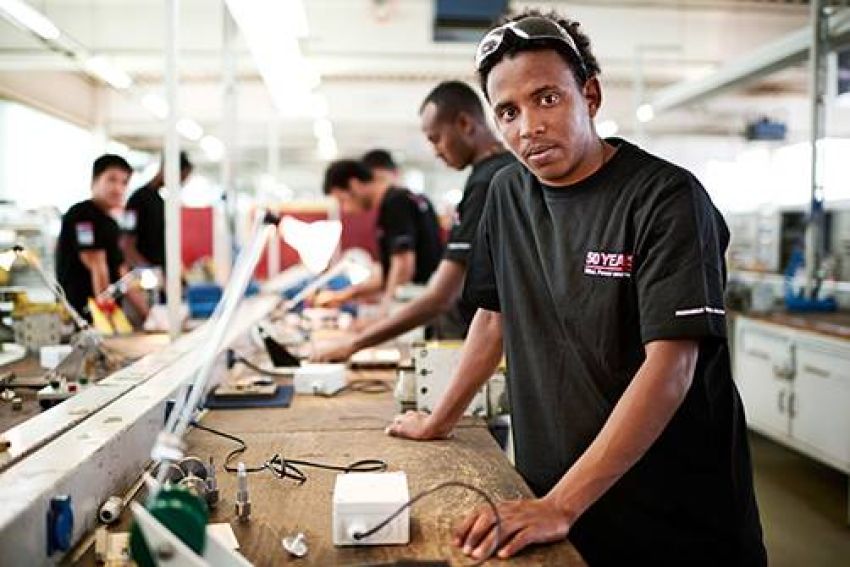MEPs stand firm against hatred towards migrants and asylum seekers in Europe
Published:
On Thursday 17th November 2016, the Civil Liberties Committee MEPs voted a non-legislative resolution on fundamental rights in the EU, which was passed by the Parliament in December. The resolution was drafted by József Nagy (EPP, SK), and addresses fundamental rights challenges in the EU in 2015, focusing on issues related to migration, children protection and the online environment. Commenting on the resolution, Mr. Nagy declared: “We call on the EU and its member states to provide more help to those in need, show more understanding towards minorities and ensure that institutions work fairly”.
As already emphasised by ETUCE in its statement on Refugees and Education, the resolution lays emphasis on migrant vulnerable groups such as unaccompanied children who disembark in Europe, and recalled the importance of ensuring that they are welcome into a safe and caring environment. MEPs also called on member states to develop “positive” public information campaigns to improve the integration of migrants and refugees. They stressed the essential role that education plays for the integration of refugees. ETUCE has at several occasions acknowledged the various problems that migrants face to participate in education, and is committed in fighting for better participation of refugees in education. A resolution tackling these issues called “Promoting Education as the Key to Integration and Inclusion” was adopted at the ETUCE Conference in December 2016.
MEPs also denounced the increase of hate speech in Europe, and called on the Commission to support member state’s efforts to “prevent radicalization and violent extremism by promoting European values, tolerance and a sense of community, and by preventing the stigmatisation of any religious or ethnic group”. Preventing extremism and promoting democratic values in schools is one of the goals developed under the Education and Training (ET) 2020 framework, in which ETUCE is involved as it is a member of the ET2020 working group.
To know more about this resolution, click here.